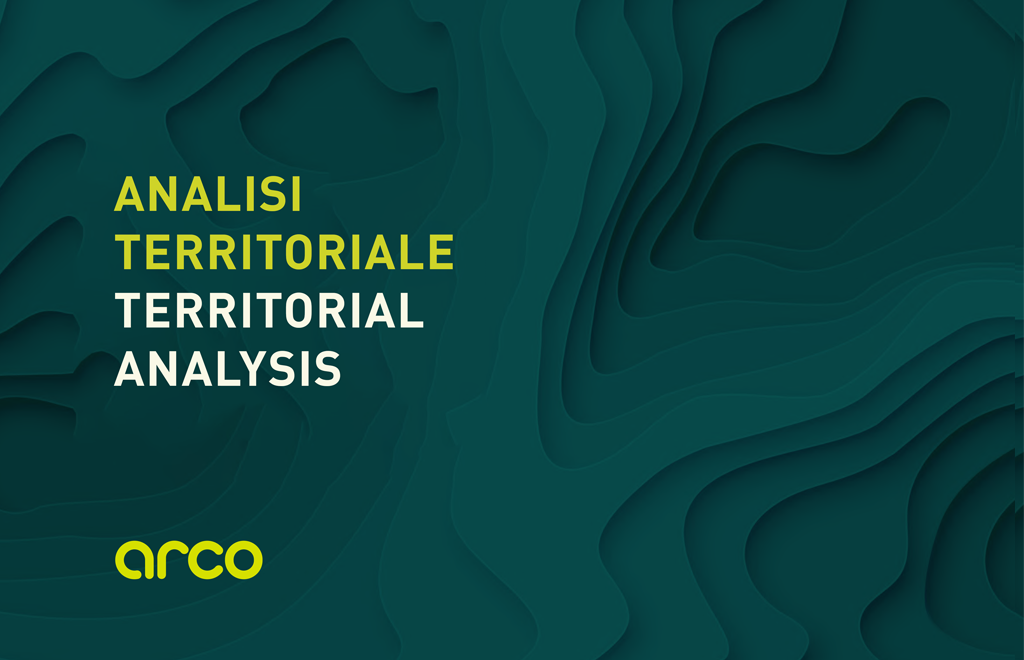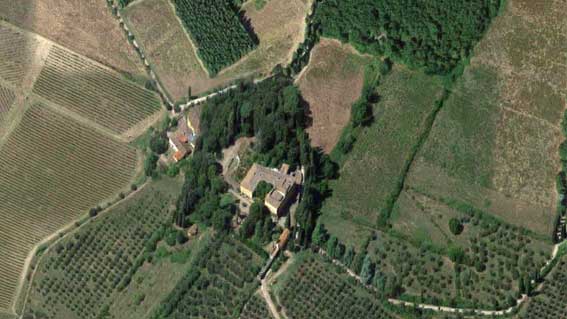Territorial analysis is a useful tool for an in-depth understanding of a given territory, be it a neighbourhood, a city, a group of cities or a region. This tool can be used by local administrators, policy makers and organizations that aim to have a significant impact on the territory by selecting priorities and strategies based on its actual needs, aspirations and specificities.
Planning the sustainable human development of a territory in a transparent, coherent and concrete manner.
Territorial analysis is a process to identify and define the potential, aspirations and needs for sustainable human development of a given territory, from social, economic and environmental perspectives. Territorial analysis will necessarily have to take into account the interconnections between different policy areas and the multidimensional nature of the territory’s own welfare and development.
For this reason, it is important that the data collected for territorial analysis come from a plurality of sources, which are able to return both objective information and the subjective perceptions of the community that inhabits a territory.
Territorial analysis can be used for various purposes:
- For the enhancement of a cultural asset.
- For the enhancement of a specific territory.
- To understand alignment with the Sustainable Development Goals.
- For an in-depth understanding of the issues and opportunities within a territory.
ARCO’S methodological framework
1. The Capabilities Approach
The capability approach is a theoretical framework designed to assess and measure the multidimensional well-being of people and communities. Its main feature lies in broadening the information base of human development, recognizing the limitations of using economic indicators as the sole metric for assessing individual and collective well-being.
2. Localization of the Sustainable Development Goals
Localization of the UN Sustainable Development Goals consists of the process of defining, implementing and monitoring local strategies to achieve the Sustainable Development Goals and targets. The localization of the 2030 Agenda for Sustainable Development and the related debate have brought attention to the territorial, urban and community dimensions of capabilities. In fact, the opportunities accessible to a person are strongly mediated by the territory in which he or she lives: the quality and quantity of goods and services available depend closely on the characteristics of the territory, public (administrations, universities, etc.) and private (businesses, consortia, associations, etc.) actors, and the relationship between these and the various levels of governance. All actors are called upon to reflect together on how the territory can become the place for the realization of the individual and collective aspirations of present and future generations, increasing the social and economic opportunities of the women, men, young people and children who inhabit the territory, without leaving anyone behind.



